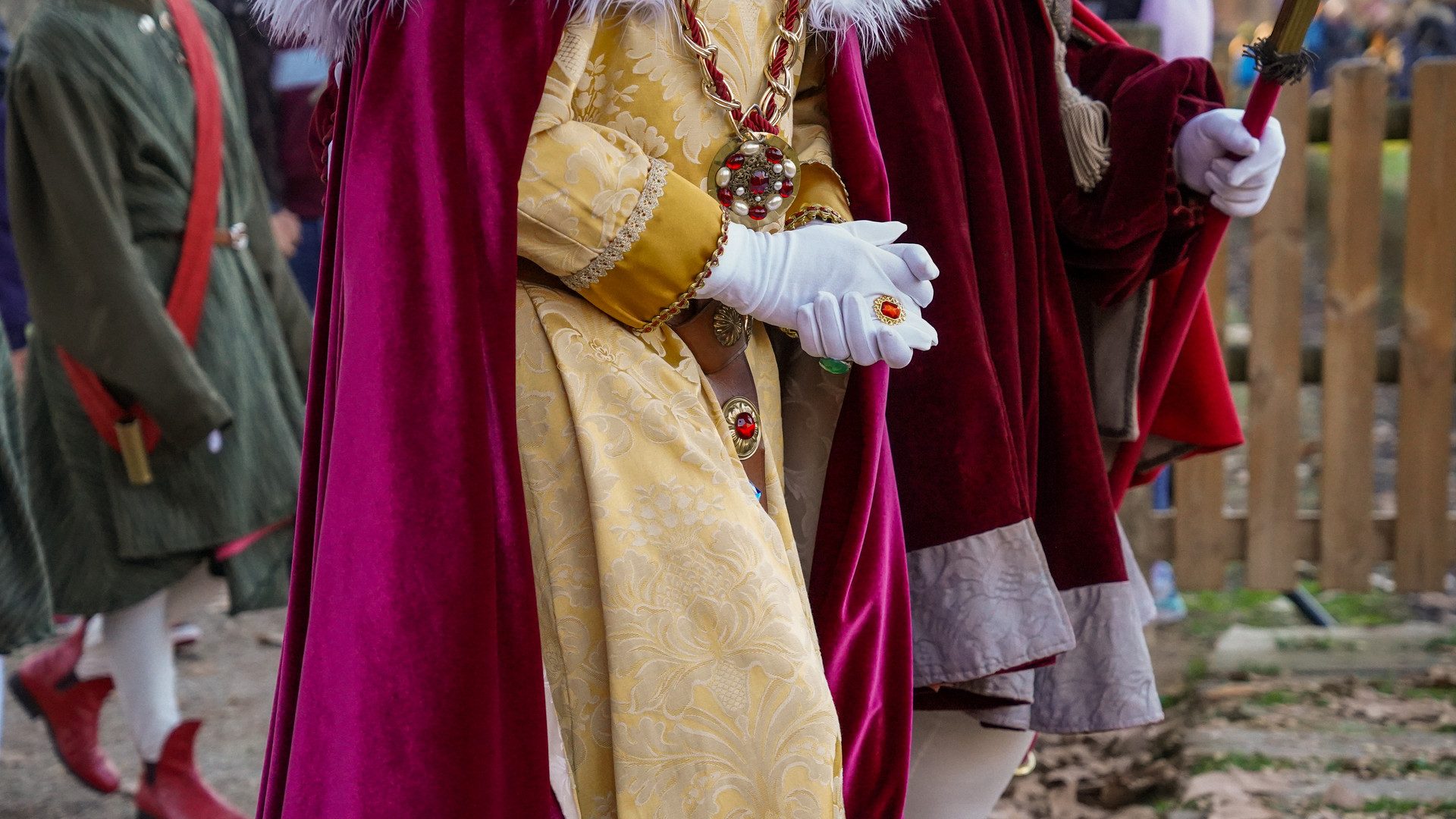 Suggesting that Luxembourg almost ended up playing a role in the Nativity, a historian says that three local wise men bearing gifts also set off to Bethlehem.
Suggesting that Luxembourg almost ended up playing a role in the Nativity, a historian says that three local wise men bearing gifts also set off to Bethlehem.
In contrast to the better-known Gaspar, Melchior, and Balthasar, the three Luxembourgish Magi Gibbes, Metti, and Battes are understood to have departed for the East carrying presents of fuel, cigarettes, and booze, according to University of Wiltz professor Patricia Hermbloom.
“Gibbes, the eldest and most financially savvy of the three, owned a service station in Wasserbillig,” Hermbloom said. “It was frequented by Roman officers from Trier who popped over to fill up their carriages with cheap fuel.”
“Metti, it seems, ran a tobacco shop in what today is called Bettembourg,” she continued. “Even then, French people – Gauls, as they were known at the time – would go there to buy inexpensive cigarettes, clopae insumptuosae in the regional Latin dialect.”
“Little is known about Battes’s life,” she added, “except that his beer was as strong as wine, his wine was as strong as eau-de-vie, and his eau-de-vie was the main ingredient in incendiary devices.”
When a star summoned the three men to the East for a most important birth, there was no doubt which gifts they would bring, Hermbloom says.
“We believe that none of them actually finished the journey,” she said. “Gibbes nearly made it to Judea, but he was stopped by a gang of bad Samaritans who mistook the fuel he was transporting for schnapps. They threw him into a lion pit when he wouldn’t shut up about internal combustion engines.”
“Metti, who was carrying about 20 cartons of cigarettes and five libras of loose tobacco, was arrested by Roman customs agents in present-day Thionville.”
“As for Battes, we have pictorial and textual evidence that as he departed to Bethlehem on his cart laden with booze, he stopped to bid farewell to his cousin Lucius who lived in what today we call Echternach,” she said. “It seems that the subsequent goodbye party depleted the entire supply of alcohol, lasted six days, and led to the invention of at least two new cures for hangovers.”
